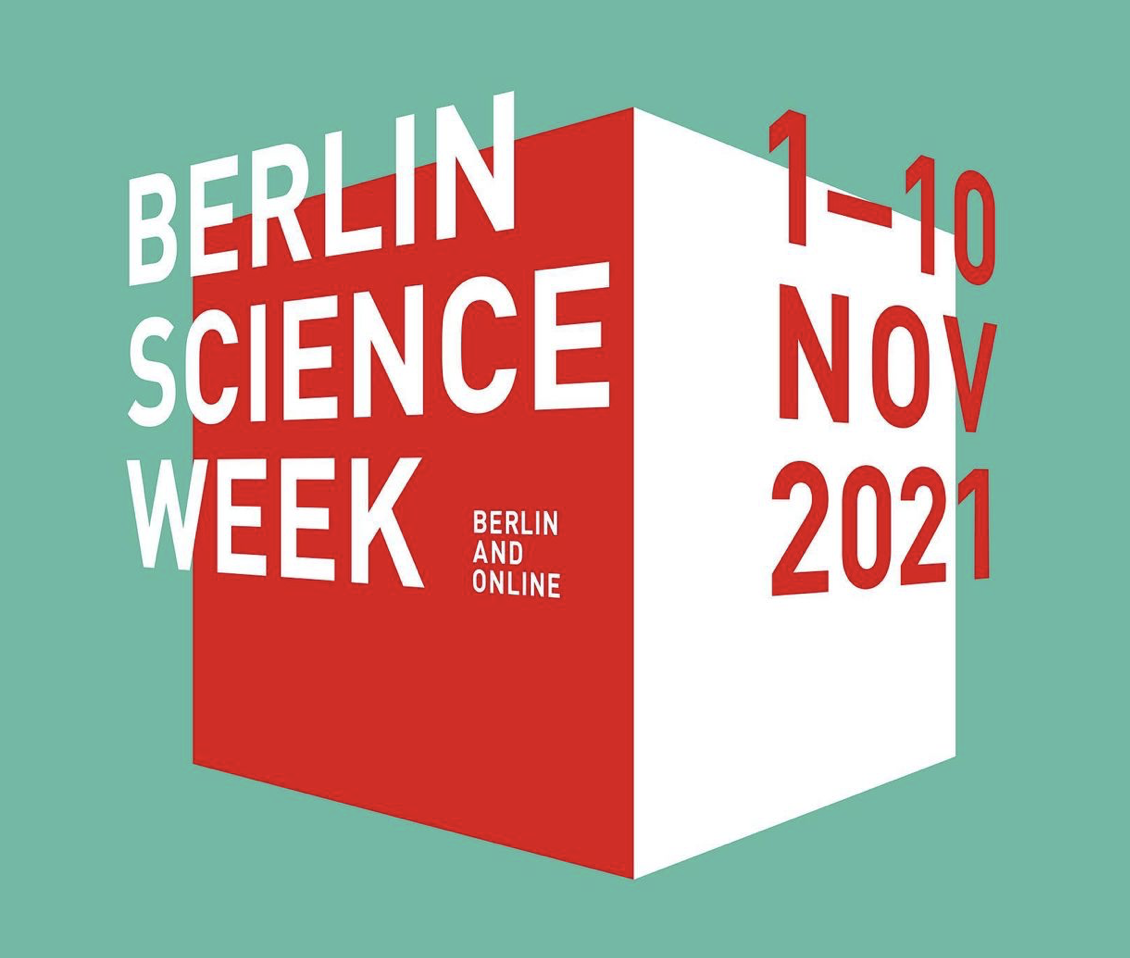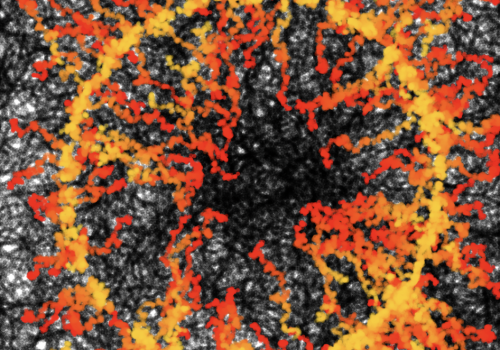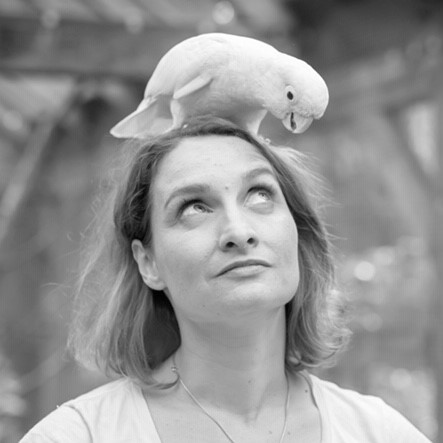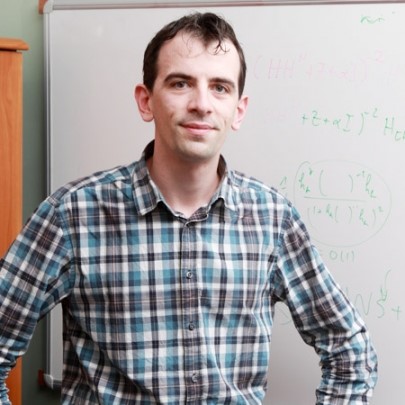Cameron Buckner (Univ. of Houston), Imagination and the Prospects for Empiricist Artificial Intelligence
On ZoomAbstract: In current debates over deep-neural-network-based AI, deep learning researchers have adopted the mantle of philosophical empiricism and associationism, and its critics have taken up the side of philosophical rationalism and nativism. These rationalist critics, however, often interpret associationism and empiricism in a way which is too caricatured to fit the views of any significant












